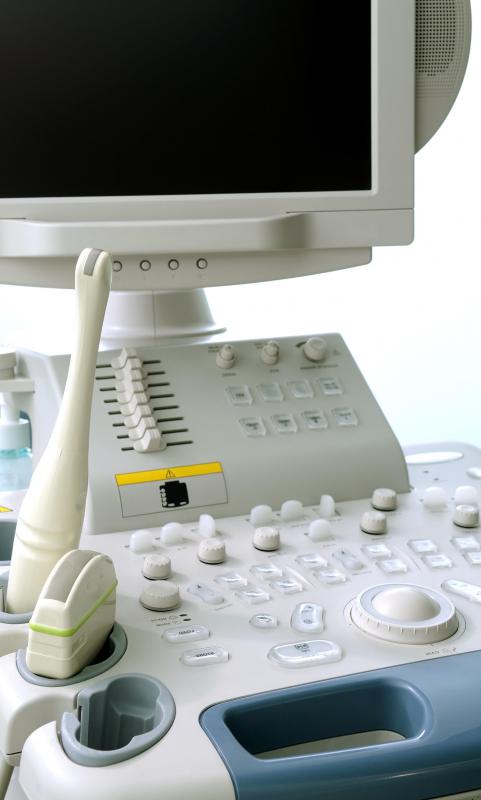At WiseGEEK, we're committed to delivering accurate, trustworthy information. Our expert-authored content is rigorously fact-checked and sourced from credible authorities. Discover how we uphold the highest standards in providing you with reliable knowledge.
What are the Risks of Parvovirus in Pregnancy?
Parvovirus B19, also known as fifth disease, is a common rash that occurs in children. While fifth disease in children is usually mild and clears up on its own, parvovirus in pregnancy can be very risky for both the mother and fetus. Risks of parvovirus in pregnancy include miscarriage and anemia in the fetus. Fortunately, many women are already immune to the virus, and the risk of passing the infection through the placenta to the fetus is very low.
More than 50 percent of women have immunity to the virus, most likely because they had fifth disease as children. Their immunity protects the fetus. A woman who is concerned that she has been exposed to the virus while pregnant may take a blood test. The test will determine if she has been exposed to the virus recently as well as if she has built up immunity from a prior infection.

If a non-immune woman is exposed to parvovirus in pregnancy, there is a 33 percent chance that the virus will pass through the placenta to the fetus. Usually the risk of harm to a fetus exposed to parvovirus is greatest in the first 20 weeks of pregnancy. Those fetuses may develop hydrops fetalis, a severe case of anemia, that can lead to a miscarriage. In a few cases, the baby may be stillborn.

Miscarriage usually occurs only in about 5 percent of all cases of parvovirus in pregnancy. If a mother is exposed later in her pregnancy, after 20 weeks, her baby will typically be fine. Parvovirus in pregnancy does not cause other problems, such as a birth defects or mental retardation, in the baby.
After a blood test confirms that a woman has been exposed to parvovirus, her doctor will monitor the fetus using an ultrasound to look for evidence of hydrops as well as an enlarged placenta or excess amniotic fluid. If any evidence is found of risk to the fetus, a doctor will extract a small sample of the fetus's blood to test for anemia. The anemia can be treated with a blood transfusion from the mother if needed.

It can be difficult to prevent exposure to parvovirus while a woman is pregnant. Many people with the virus do not show symptoms until they have been contagious for a few days, and some never show symptoms at all. A pregnant woman should avoid sharing drinking glasses and utensils with anyone and should wash her hands often.
AS FEATURED ON:
AS FEATURED ON:













Discuss this Article
Post your comments